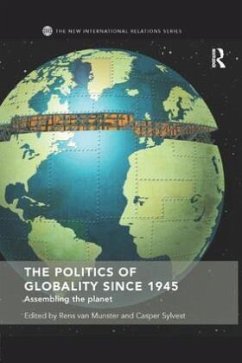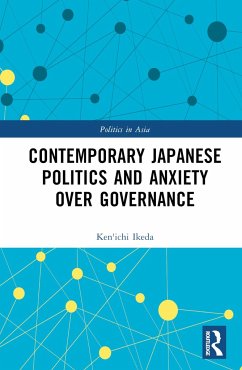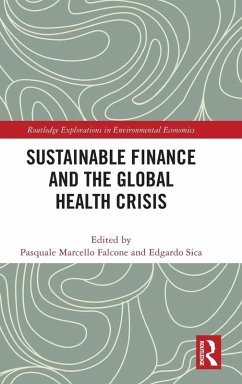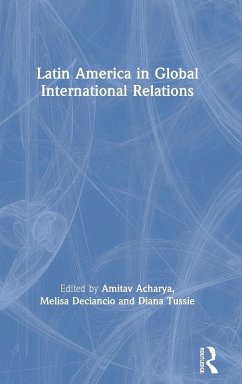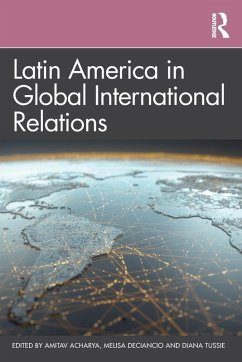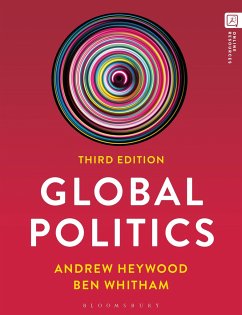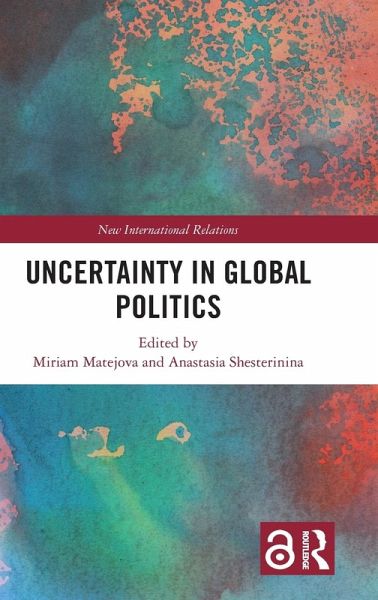
Uncertainty in Global Politics
Versandkostenfrei!
Versandfertig in 6-10 Tagen
154,99 €
inkl. MwSt.
Weitere Ausgaben:

PAYBACK Punkte
77 °P sammeln!
This book engages in a constructive, practical debate on the nature and effects of uncertainty in global politics. International contributors explore the processes associated with different forms of uncertainty in the context of environmental issues, diplomacy and international negotiations, and conflict and security. From the collapse of the Soviet Union to the 1997 and 2008 financial crises to the Arab Uprisings and the European migrant crisis and the COVID-19 pandemic, assessments of many events with lasting consequences on the global order have begun with: "why didn't we see this coming?" ...
This book engages in a constructive, practical debate on the nature and effects of uncertainty in global politics. International contributors explore the processes associated with different forms of uncertainty in the context of environmental issues, diplomacy and international negotiations, and conflict and security. From the collapse of the Soviet Union to the 1997 and 2008 financial crises to the Arab Uprisings and the European migrant crisis and the COVID-19 pandemic, assessments of many events with lasting consequences on the global order have begun with: "why didn't we see this coming?" There is much to learn from how phenomena that affect the global order generate uncertainty and what effects such uncertainty has on actors and issues. Presenting perspectives from all corners of the discipline and emerging and established scholars the book provides an up-to-date overview of the state of the literature; a concise yet conceptually rich theoretical framework; a mix of regional and global contemporary issues; process-oriented empirical evidence and methodological tools to assess different forms of uncertainty and propose practical solutions to addressing uncertainty in diverse contexts. The book will be of interest to scholars of global politics, international security, global environmental politics, international organizations and institutions, social movements, and conflict studies.





